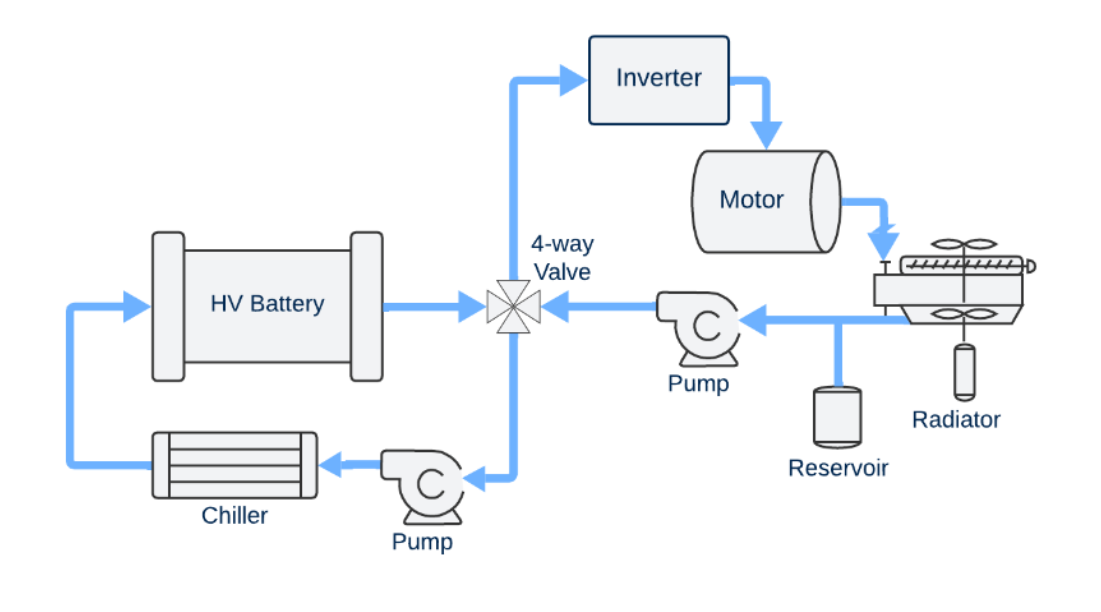T7-ORACLE: A Game-Changer in Therapeutic Protein Evolution
Evolving proteins with enhanced or novel functions is essential in biotechnology and medicine, but traditional methods are slow, requiring labor-intensive cycles of mutation and screening. Addressing this challenge, scientists at Scripps Research have developed T7-ORACLE, a synthetic biology platform that dramatically accelerates protein evolution—up to thousands of times faster than natural processes.
Described in the journal Science (August 7, 2025), T7-ORACLE reprograms E. coli bacteria to host a second, synthetic DNA replication system, adapted from bacteriophage T7. This orthogonal system enables rapid and continuous mutation of specific genes—without altering the host genome—by using an engineered error-prone T7 DNA polymerase. The result is a targeted, high-speed evolution engine for proteins of interest.
To validate the system, researchers inserted the TEM-1 β-lactamase antibiotic resistance gene and exposed the cells to increasing antibiotic levels. Within days, evolved versions of the enzyme showed resistance to concentrations 5,000 times higher than the original. Remarkably, the mutations mirrored those seen in clinical antibiotic resistance, highlighting the platform’s precision.
However, the broader value of T7-ORACLE lies beyond antibiotic studies. Its ability to evolve human, viral, or synthetic genes makes it a versatile tool for engineering therapeutic proteins. Scientists can now quickly design optimized antibodies, enzymes, or proteases for diseases like cancer and neurodegeneration—tasks that once took months can now be achieved in days.
Unlike other continuous evolution systems, T7-ORACLE requires no complex protocols or specialized equipment, integrating seamlessly with standard E. coli lab workflows. Its simplicity and scalability make it a practical choice for many labs.
“This system empowers us to evolve virtually any protein with unprecedented speed,” says Dr. Christian Diercks. “It bridges rational design with evolution, unlocking new possibilities in synthetic biology and drug development.”








